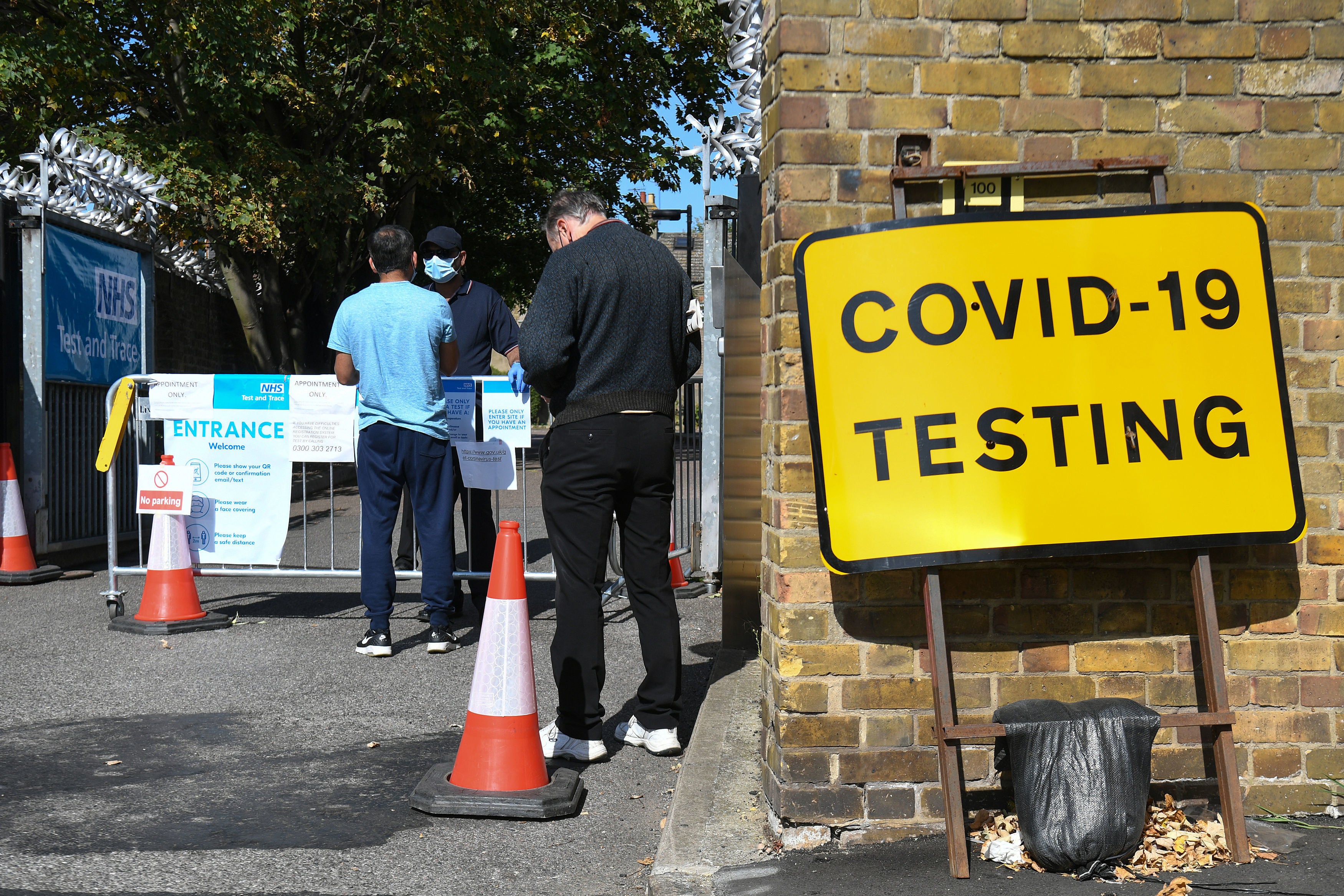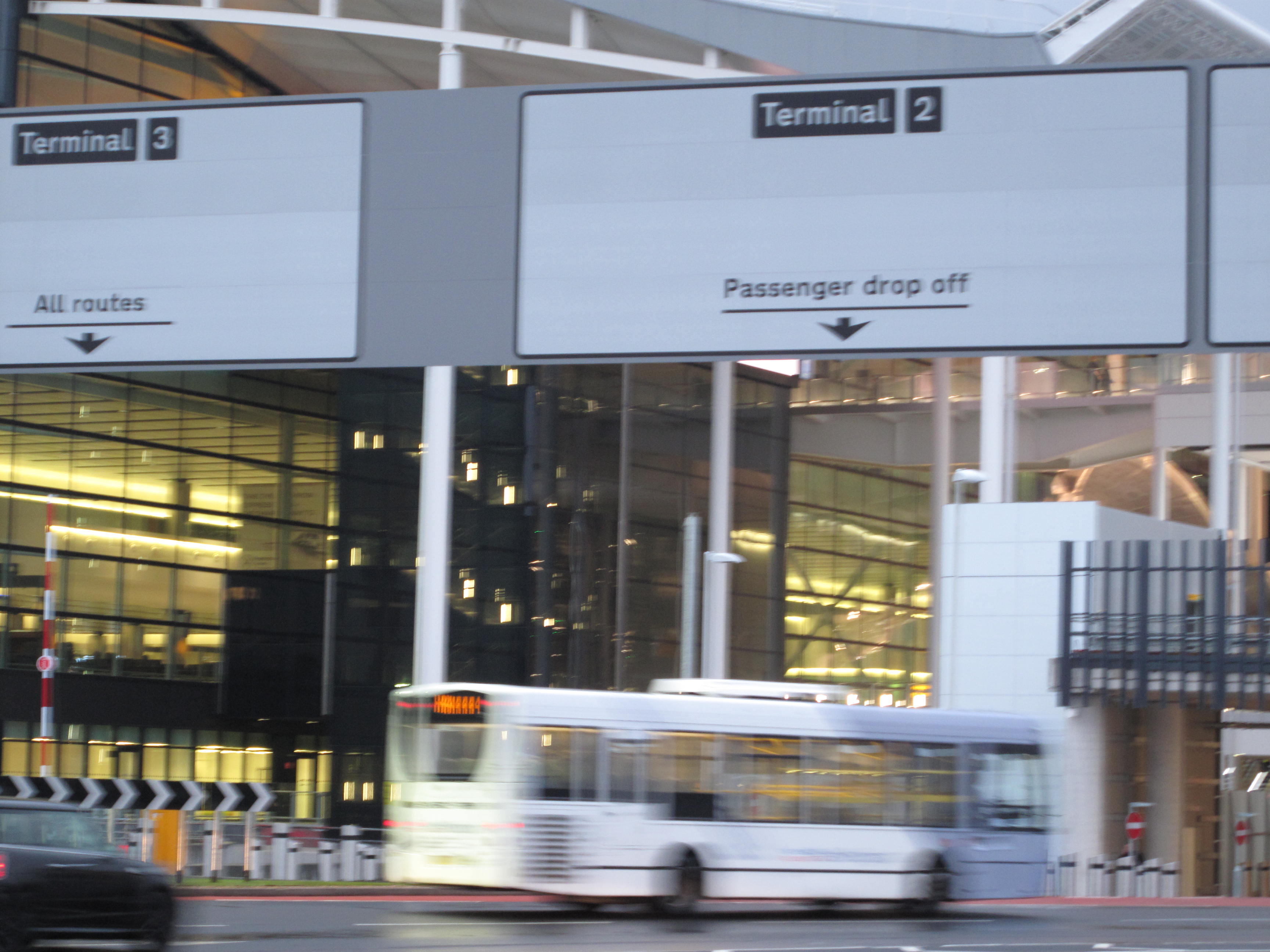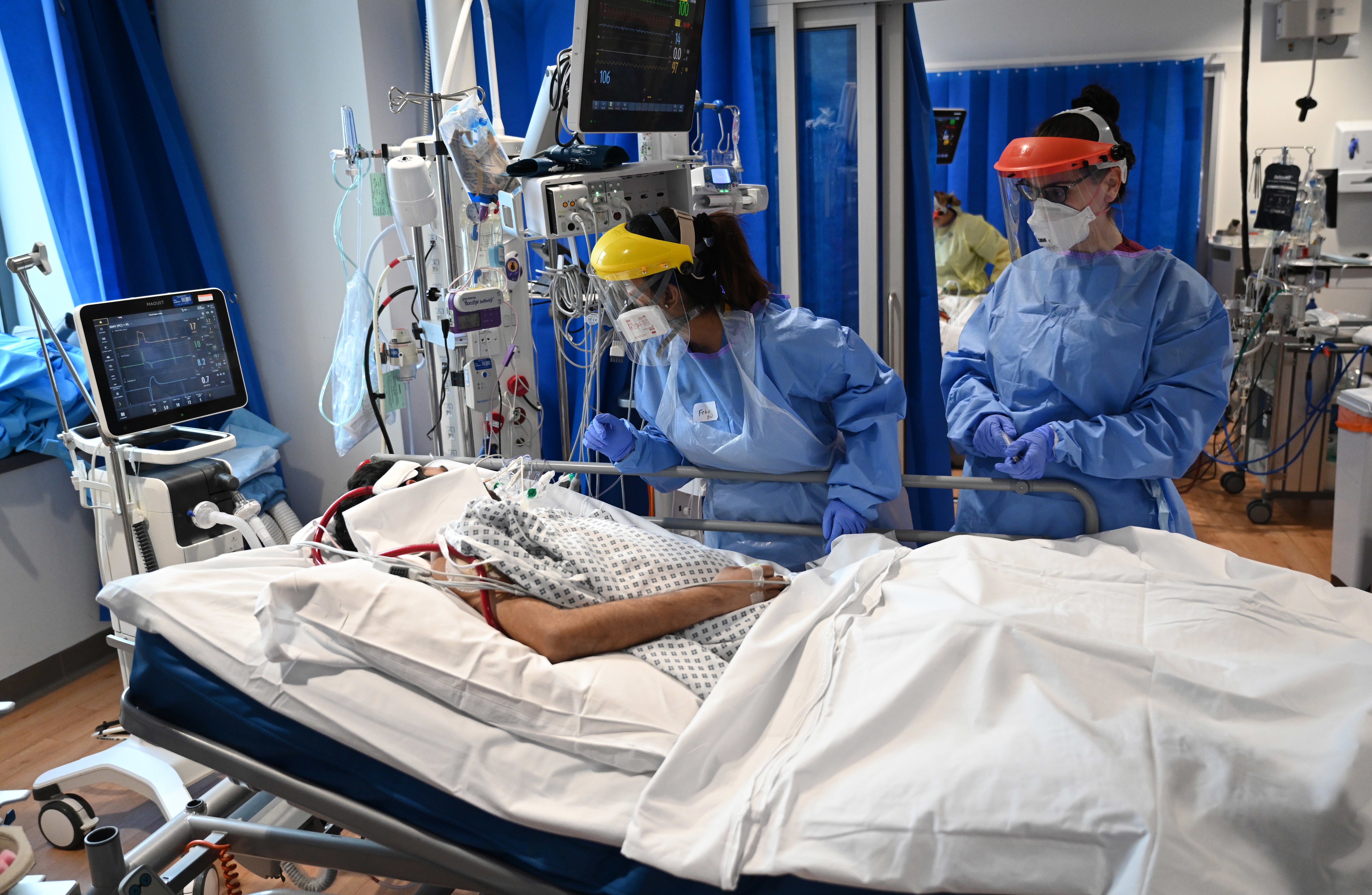Coronavirus news: Manchester Tier 3 talks end without deal, as Wales imposes ‘firebreak’ restrictions
Follow for the latest developments
Your support helps us to tell the story
From reproductive rights to climate change to Big Tech, The Independent is on the ground when the story is developing. Whether it's investigating the financials of Elon Musk's pro-Trump PAC or producing our latest documentary, 'The A Word', which shines a light on the American women fighting for reproductive rights, we know how important it is to parse out the facts from the messaging.
At such a critical moment in US history, we need reporters on the ground. Your donation allows us to keep sending journalists to speak to both sides of the story.
The Independent is trusted by Americans across the entire political spectrum. And unlike many other quality news outlets, we choose not to lock Americans out of our reporting and analysis with paywalls. We believe quality journalism should be available to everyone, paid for by those who can afford it.
Your support makes all the difference.The government moved closer to imposing Tier 3 coronavirus restrictions on Greater Manchester after the latest round of talks collapsed without a deal.
Local leaders, including mayor Andy Burnham, had initially expressed hope an agreement could be reached on extra funding for the region on Monday, only for ministers to reject the proposals.
And on Monday night communities secretary Robert Jenrick issued a letter setting a deadline of 12pm on Tuesday to settle the dispute.
The government also held talks with several other regions in northern England, including the North East and South Yorkshire, over a move into Tier 3.
Meanwhile Wales announced a two-week “firebreak” lockdown will be imposed from 6pm on Friday to prevent the NHS from being overwhelmed.
First Minister Mark Drakeford said the “sharp and deep” new restrictions would last for 17 days and would require everyone except key workers to stay at home.
Ireland also confirmed it would begin a second national lockdown from midnight on Wednesday. The Level 5 restrictions will see schools stay open but non-essential businesses close. People will be told to stay at home for six weeks unless taking exercise within a 5km radius.
Irish premier Micheal Martin said the measures were necessary to curb the rise in cases and hospital admissions, adding: "As Taoiseach I am asking everyone again to take this threat seriously."
Talks over restrictions continuing with northern leaders, Downing Street says
Boris Johnson’s official spokesperson has said that talks over restrictions are continuing with Greater Manchester mayor Andy Burnham and local leaders in the North East, South Yorkshire, West Yorkshire and Nottinghamshire.
"If at all possible we do want to engage constructively with Greater Manchester and agree on a way forward," he said.
But if agreement cannot be reached the government will need to intervene "in order to protect hospitals and save the lives of residents".
With Labour demanding a national "circuit-breaker" and the Welsh Government announcing its own "fire break" lockdown, Downing Street defended the regional approach.
"We keep all of our measures under review but the PM has made very clear that he doesn't want a return to something like a national lockdown and he believes that our three-tiered approach is the right way forward," the spokesman said.
Eight passengers catch Covid-19 on cruise
Eight passengers tested positive for coronavirus onboard the Costa Diadema cruise ship, cutting the trip short.
The cruise set off from Genoa on 28 September and finished its voyage on 12 October, but commenced a second sailing with many of the same passengers onboard, reports Helen Coffey.

Eight passengers catch coronavirus on cruise
Itinerary was cut short after France declared state of health emergency
Greater Manchester’s ICUs could be overwhelmed within weeks, Downing Street says
As a row rages between regional and central government over new Tier 3 restrictions in Greater Manchester, Downing Street has warned the region’s intensive care capacity could be overwhelmed by 12 November.
“Cases in Greater Manchester continue to rise,” Boris Johnson’s official spokesperson told reporters.
"In the over-60 age group, cases have tripled in the most recent 15 days of full data - there were 89 cases per 100,000 on September 27 compared to 282 per 100,000 on October 12.
“Hospital admissions in Greater Manchester are doubling every nine days.”
Currently the number of Covid-19 patients in intensive care is around 40 per cent of the number seen at the peak of the first wave.
Greater Manchester dispute ‘not simply about money’, city council leader says
"The dispute is often represented as being simply about money," said the leader of Manchester City Council, Sir Richard Leese, as he questioned the scientific basis for blanket closures.
Sir Richard claimed the government wants to close bars and pubs without any evidence they are a major cause of virus transmission and without any evidence that closing them would be effective.
“However, more important than money are the actions to address the problem,” he wrote in a blog post.
“Most people who test positive for the virus are not getting particularly ill. They are not the problem. Too many are now getting ill and the number of hospital cases is going up, as is the number of people with Covid in intensive care. That's the problem.”
He said medics now know the most at risk of hospital admissions: older people and people with existing underlying conditions, diabetes, obesity, high-blood pressure, other respiratory illnesses.
“If this is the evidence, wouldn't it be much better to have an effective shielding programme for those most at risk, rather than have a blanket business closure policy of dubious efficacy,” he said.
Quick-result tests deployed in trials in hotspot areas
Downing Street has said that quick-result coronavirus tests are to be trialled in areas of northern England where cases are surging in a bid to speed up the process of isolating infected people, our political editor Andrew Woodcock reports.
And seven hospitals across England are to start regular testing of asymptomatic NHS staff with a recently-developed saliva swab known as a “Lamp test” (Loop-mediated Isothermal Amplification) in order to catch infections early.
Under a set of pilot schemes announced today, new-style lateral flow test kits will be sent to care homes, schools and universities in the northwest and northeast of England, as well as the Yorkshire & Humber region, said Downing Street.

Quick-result coronavirus tests deployed in trials in hotspot areas
New-style tests to be used in care homes, schools, universities and hospitals
‘Test and release’ could halve travel quarantine by 1 December
Transport secretary Grant Shapps has said he hopes the current two-week self-isolation required of most arrivals to the UK could be almost halved from the start of December.
Speaking during the Airlines 2050 online conference, Mr Shapps revealed that the Global Travel Taskforce - which he co-chairs with the health secretary, Matt Hancock - is to recommend to the prime minister that incoming passengers should be able to take a PCR test a week after arrival.
Simon Calder has the details:

Test and release’ could halve quarantine by December, claims Grant Shapps
“The UK can lead the way on this,” said the transport secretary
Portugal: Total number of cases passes 100,000
Portugal recorded nearly 2,000 new infections in the past 24 hours, pushing its total case count to 100,000 on Monday.
The country had initially recorded a comparatively low number of coronavirus cases, with 101,860 confirmed infections and 2,198 deaths.
But infections have risen again. On Friday, Portugal hit 2,609 cases, its highest single-day figure since the start of the pandemic.
Restrictions have come back into place, with gatherings limited to five people, university parties banned and heavier penalties put in place for establishments that break the rules.
Antonio Sales, secretary of state for health, told a news conference: “Everyone’s tiredness is legitimate but it cannot legitimise failure.
“We continue to depend on each other - and our success is the success of Portugal.”
Liverpool mayor demands proof gyms ‘significantly’ contribute to spread of Covid-19
Steve Rotheram, the mayor of Liverpool City Region, has written to the government asking for evidence that gyms “significantly” contribute to the spread of coronavirus.
It comes after Lancashire was moved into tier 3 restrictions last week, but gyms and leisure centres were allowed to stay open. This was not the case for Liverpool, who moved into the same tier of restrictions before Lancashire but gyms and leisure centres there were forced to close.
Mr Rotheram tweeted: “Give us proof that gyms in our region are more dangerous than anywhere else.
“Give us proof that gyms are significantly contributing to the spread of Covid in the region. If there is no proof, amend the legislation so that gyms can open as soon as possible.”
In a separate tweet, he shared the image of a news article with the sentence: “Local politicians will decide if gyms, betting shops, casinos, hairdressers and beauty salons should close.”
“I keep seeing this image doing the rounds but we’ve been clear: we had no say in closing gyms. Government *told* us that gyms were closing in Tier 3,” he said, adding the call for the government to publish evidence.
Masks compulsory in public at all times in Bucharest
Bucharest, the capital of Romania, has made masks compulsory in public in all outdoor spaces across the city.
The new measure comes as the number of daily coronavirus infections in Romania rose by about 4,000 in the past week. The total number of cases now stands at 182,854.
Schools, restaurants and theatres will also close in the capital from Tuesday. A spokesperson for Bucharest’s emergency situations committee said the measures will be reassessed after 14 days.
We can’t get complacent about ICU beds filling up with coronavirus patients
Junior doctor Tom Gardiner warns that a second wave of coronavirus has the potential to fill up ICU beds to 100 per cent capacity very quickly:

Opinion: We can’t get complacent about ICU beds filling up with coronavirus patients
Whilst 82 per cent occupancy may not be out of the ordinary for this time of year, it has the potential to reach 100 per cent very quickly

Join our commenting forum
Join thought-provoking conversations, follow other Independent readers and see their replies
Comments